
Type 1 diabetes is a condition marked by the insulin deficiency and in the people with this condition, the pancreas does not manufacture enough of the insulin. There is also type 2 diabetes, when the body is resistant to the insulin, although it is produced in sufficient amounts.
Insulin is a hormone produced by the pancreas, and it is responsible for regulating the levels of glucose in the bloodstream. Glucose, which is simple sugar, cannot penetrate into the cells without this hormone, which has the role to open and close the entrances on the cells. However, when the pancreas does not produce enough of the insulin, the levels of glucose increase in the blood thus causing hyperglycemia. Type 1 diabetes is a condition that must be treated. This condition is usually inherited and it is more frequent than type 2 diabetes.
Causes of type 1 diabetes
Since the pancreas produces insulin, any damage to it may cause the pancreas malfunction and insulin insufficiency. The pancreas may be affected by some virus and it can get infected, but one of the most common causes for the pancreas malfunction is an autoimmune disease. In this case, the immune system of the body produces the antibodies that attack the cells of the pancreas. Unfortunately, there are other autoimmune diseases that may attack the thyroid and adrenal glands. The real cause for all these autoimmune disorders is not discovered yet.
Symptoms of type 1 diabetes
Since the insulin regulates the levels of sugar in the blood, the most common symptom of type 1 diabetes is hyperglycemia, or increased level of the blood sugar. Therefore, glucose may appear in urine, too. Furthermore, those people who suffer from type 1 diabetes may experience constant thirst and frequent urination, particularly at night. Type 1 diabetes may cause tiredness and the loss of the body weight despite the increased appetite. People with this condition may also be susceptible to the development of yeast infection, particularly genital yeast infection, which additionally causes discomfort and unpleasant itching in the region around genitals.
Treatment of type 1 diabetes
When the symptoms are noticed, it is extremely important to visit a doctor, because type 1 diabetes should be treated immediately. When it is diagnosed, the doctors prescribe insulin injections, which need to be given every day. Since there are several types of insulin that may be given, sometimes these injections are given even several times a day. Furthermore, the patients should regularly exercise and keep steady weight. The patients should also consume an appropriate diet with controlled amount of carbohydrates.





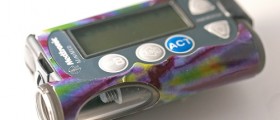

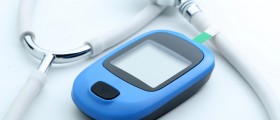

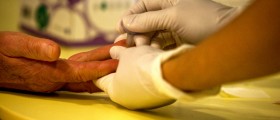


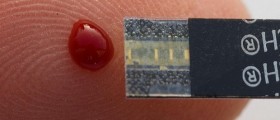
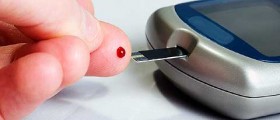


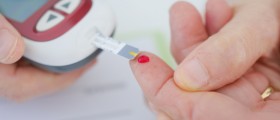
Your thoughts on this
Loading...